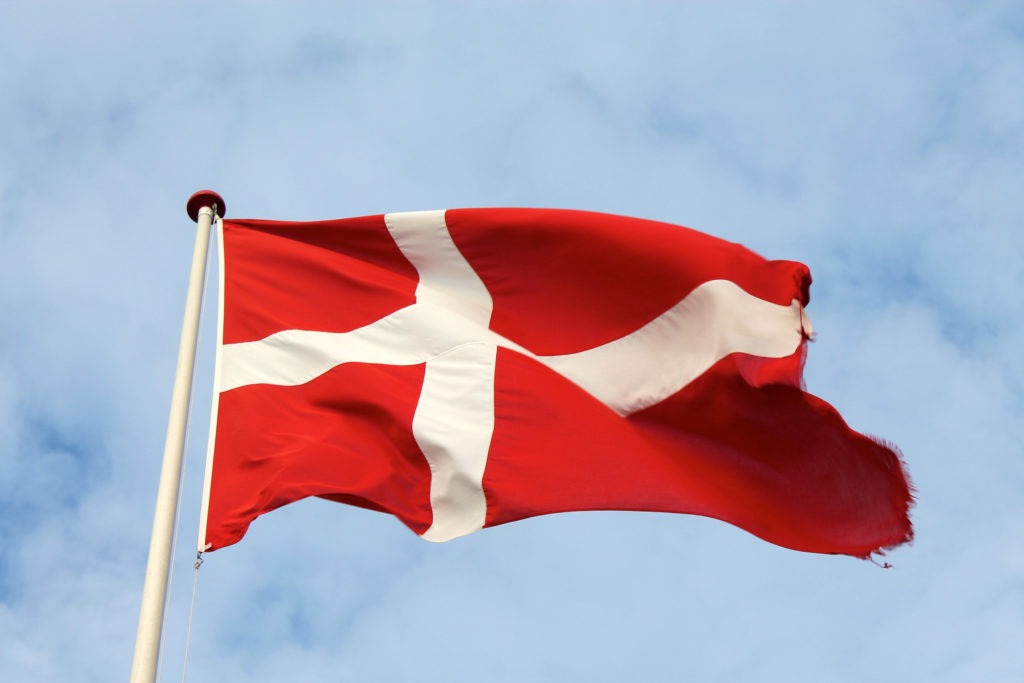Denmark open to further incentives as it looks to boost EV market
30 April 2018

30 April 2018
The government of Denmark is open to adopting further financial incentives for drivers to buy electric vehicles following a drop in sales.
The country is a leader in electric vehicle (EV) sales, however following a phasing out of tax breaks, sales plummeted 60% in the first quarter of 2017 as sales rose in other European markets. From a total of 5,000 registrations in 2015, during last year just 700 new EVs were sold, meaning the country’s plans for a post-subsidy EV market need to be placed on hold.
′We have tax incentives for electric cars, and you could discuss if they should be bigger. I will not exclude that,’ Rasmussen said in an interview in Copenhagen. Any new incentives would be announced along with a government plan to boost clean-energy consumption after the summer, he said.
The government has come under fire for its indiscriminate cuts to registration taxes, which have eroded incentives to buy green vehicles rather than those powered by fossil fuels. Denmark has no car industry of its own and has one of the highest import duties in the world.
Adding to pressure on the government, the opposition Social Democrats grabbed the limelight last week by announcing plans to ban the sale of diesel vehicles by 2030, if they win elections due to be held by June 2019.
In September, the country’s finance minister announced plans to lower the tax rate on the cheapest cars to 85%, in a move that will cost the country’s government around 600 million kroner (KR) (€80.6 million) in 2018.
The rate of tax is currently set at 105% on cars priced at 106,000Kr (€14,200) or under. However, the new 85% rate will be based on vehicles up to 185,000Kr (€24,860). Planned further lowering of tax breaks will now not occur in the 2016-18 period until at least 5,000 additional new EVs have been sold.
The issue of removing subsidies to EV sales in order to reduce costs to governments is a thorny one. Currently, the technology is still costly, and to entice buyers, grants, tax breaks and other incentives are needed to make the market competitive with petrol and diesel cars.
Sales of EVs and hybrid cars rose above half of new registrations in Norway in 2017, helped by subsidies that benefited the country in its plan to move away from conventional petrol and diesel vehicles.
The country was looking to introduce a €8,800 tax on the sale of EVs weighing over two tonnes, therefore affecting the heavy premium vehicles sold by Tesla. The Norwegian EV association called the move a ′gamble for the whole EV market which will affect consumers,’ while some believed it would level the market by removing preferential treatment given to the vehicles.
However, to avoid a market collapse like that seen in Denmark, this ′Tesla tax’ has now been dropped from budget plans. For now, the country will continue to subsidise EV sales.